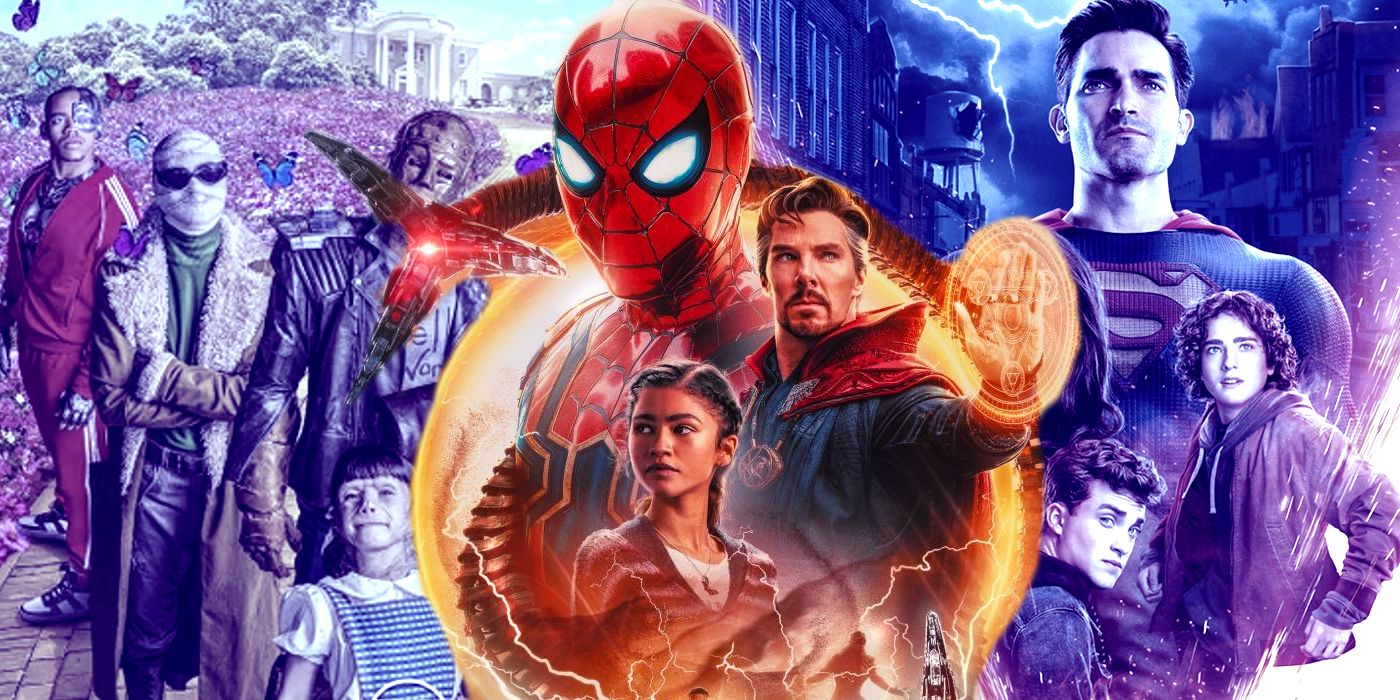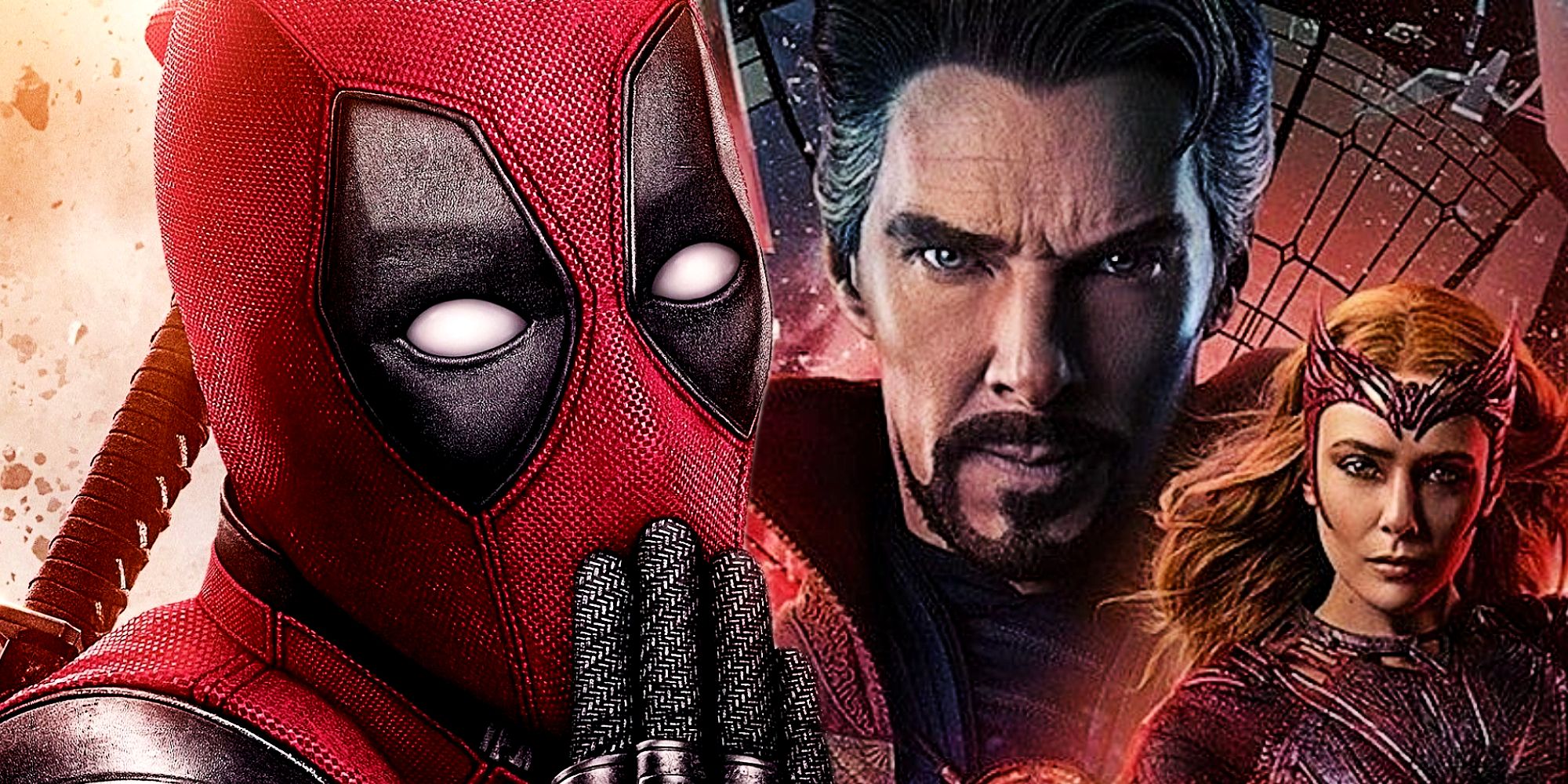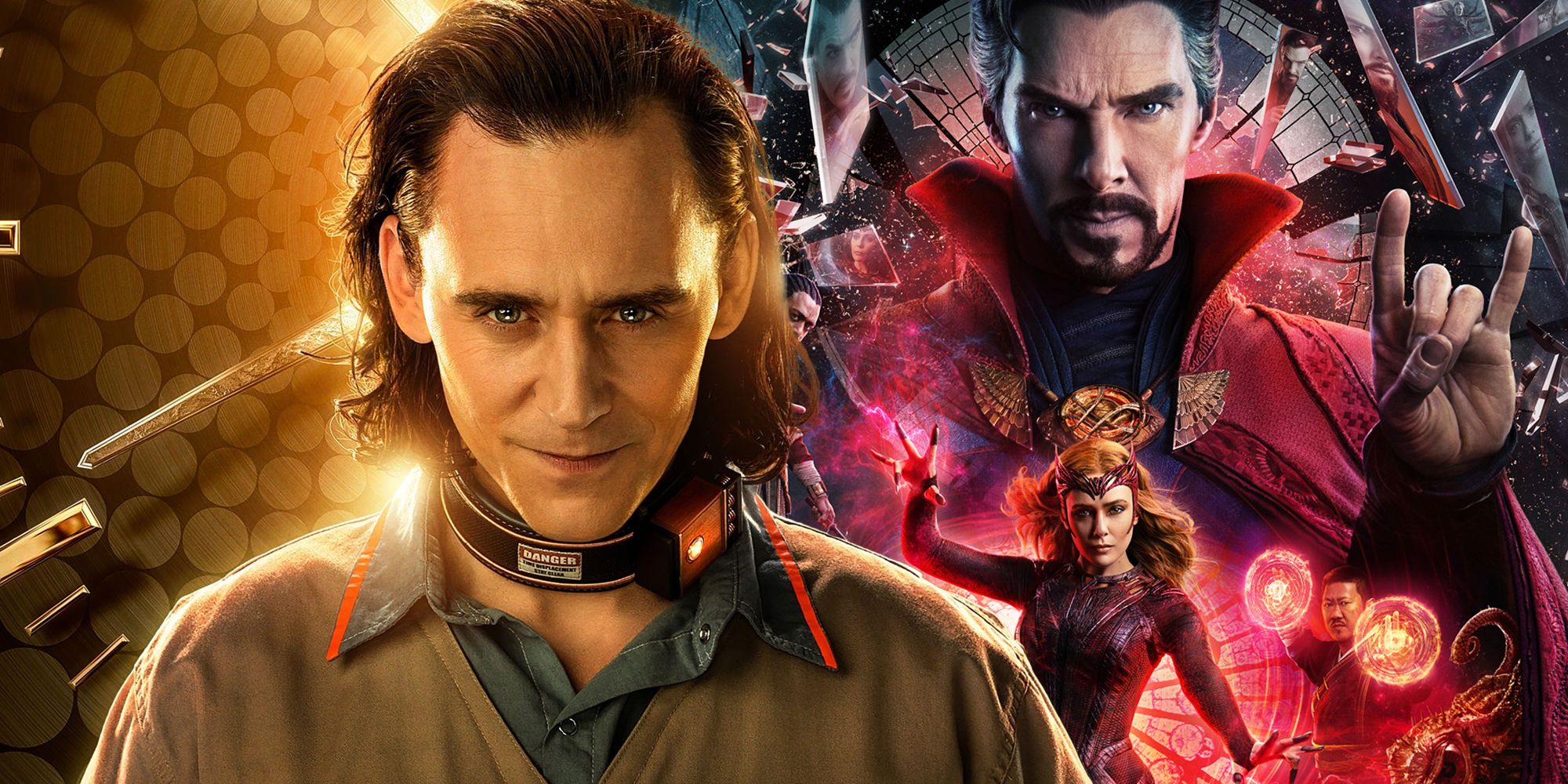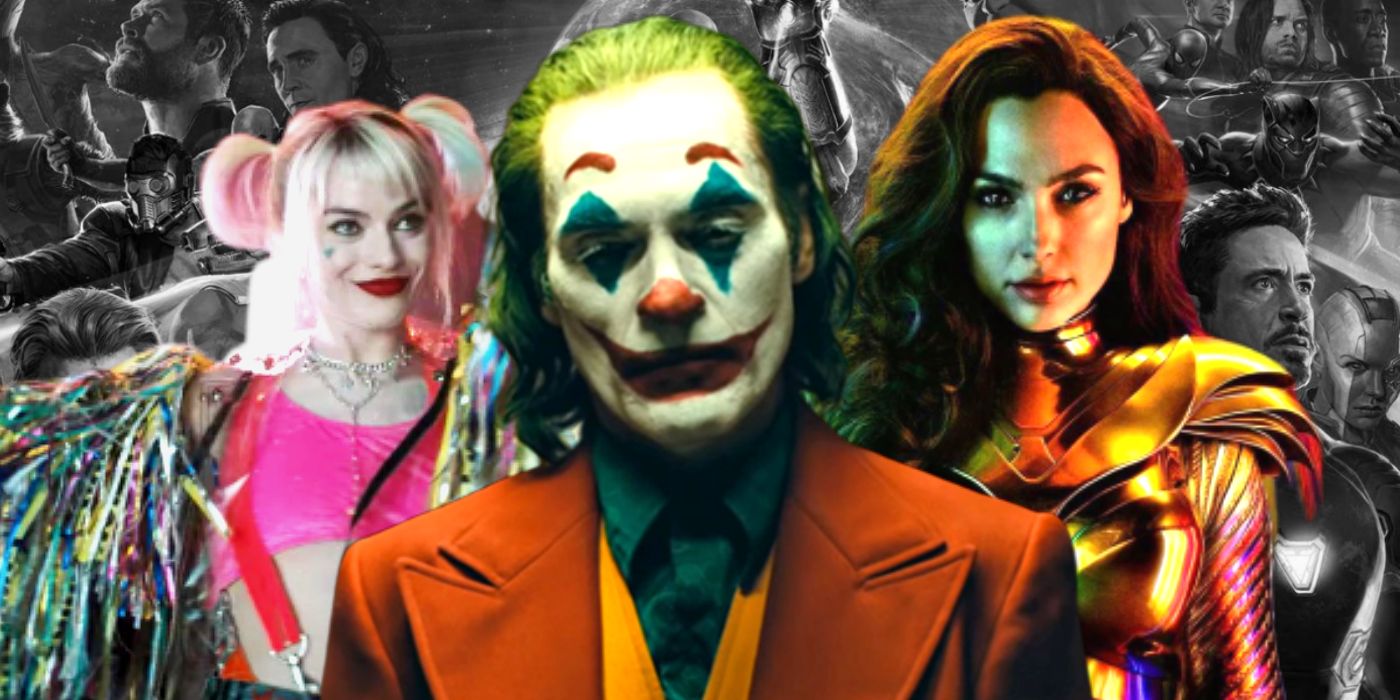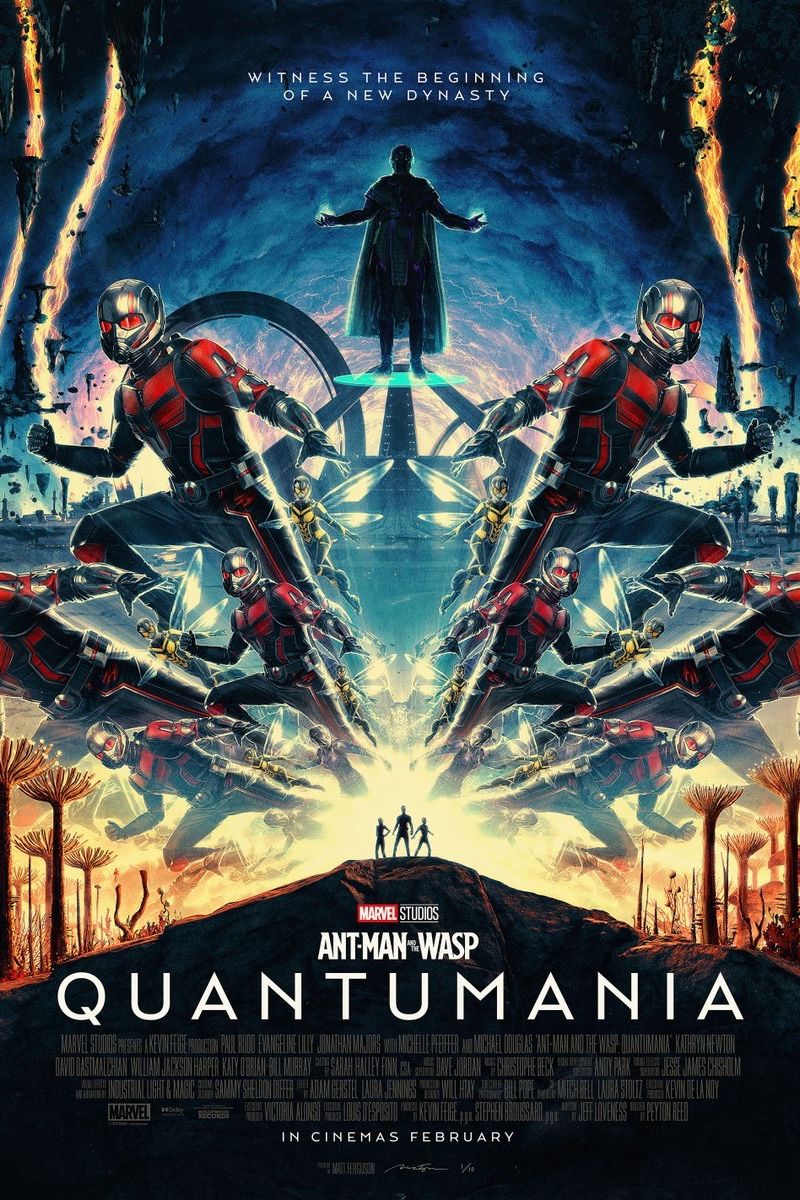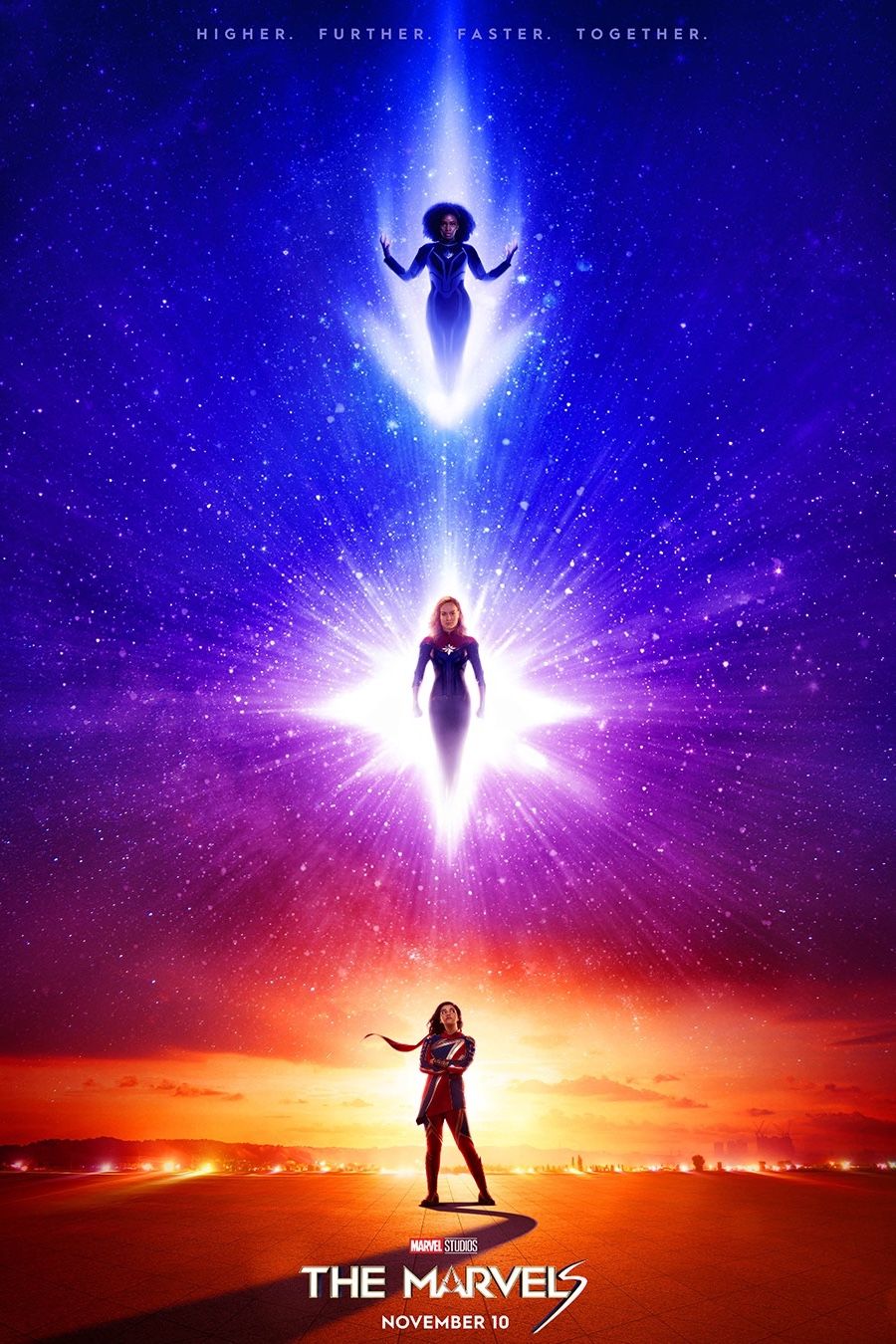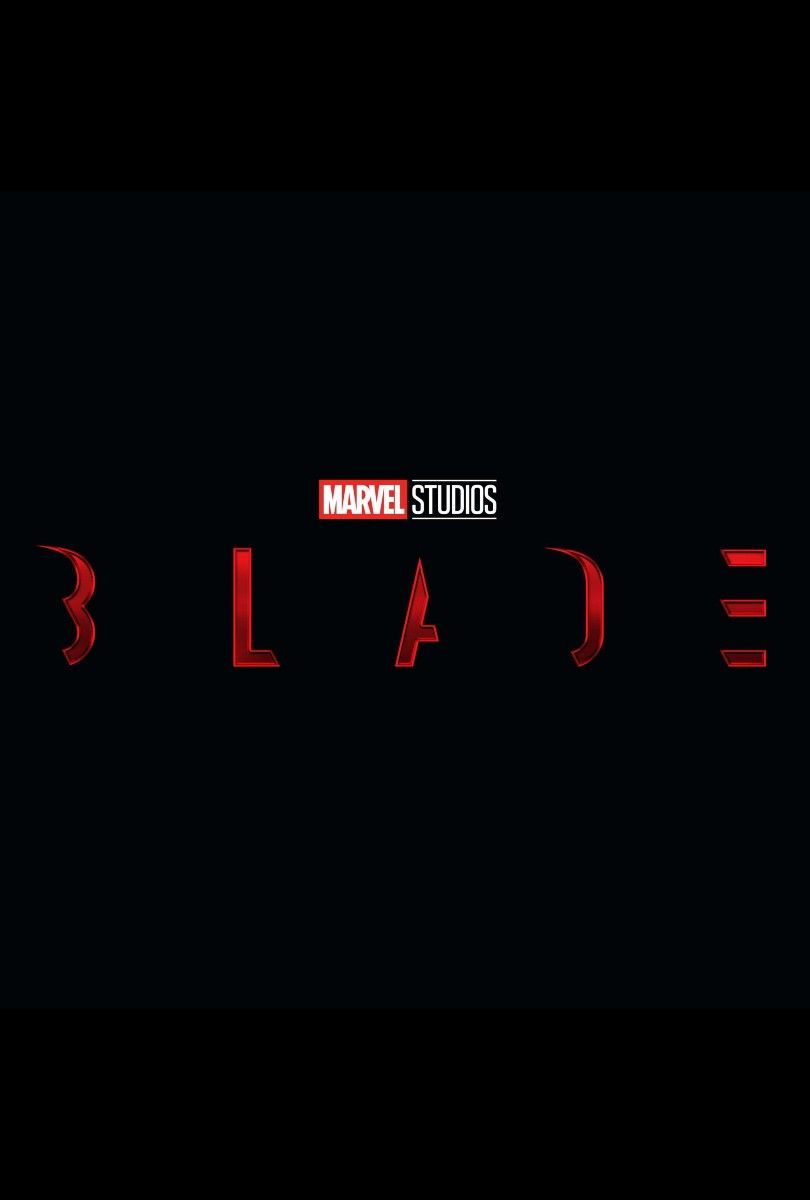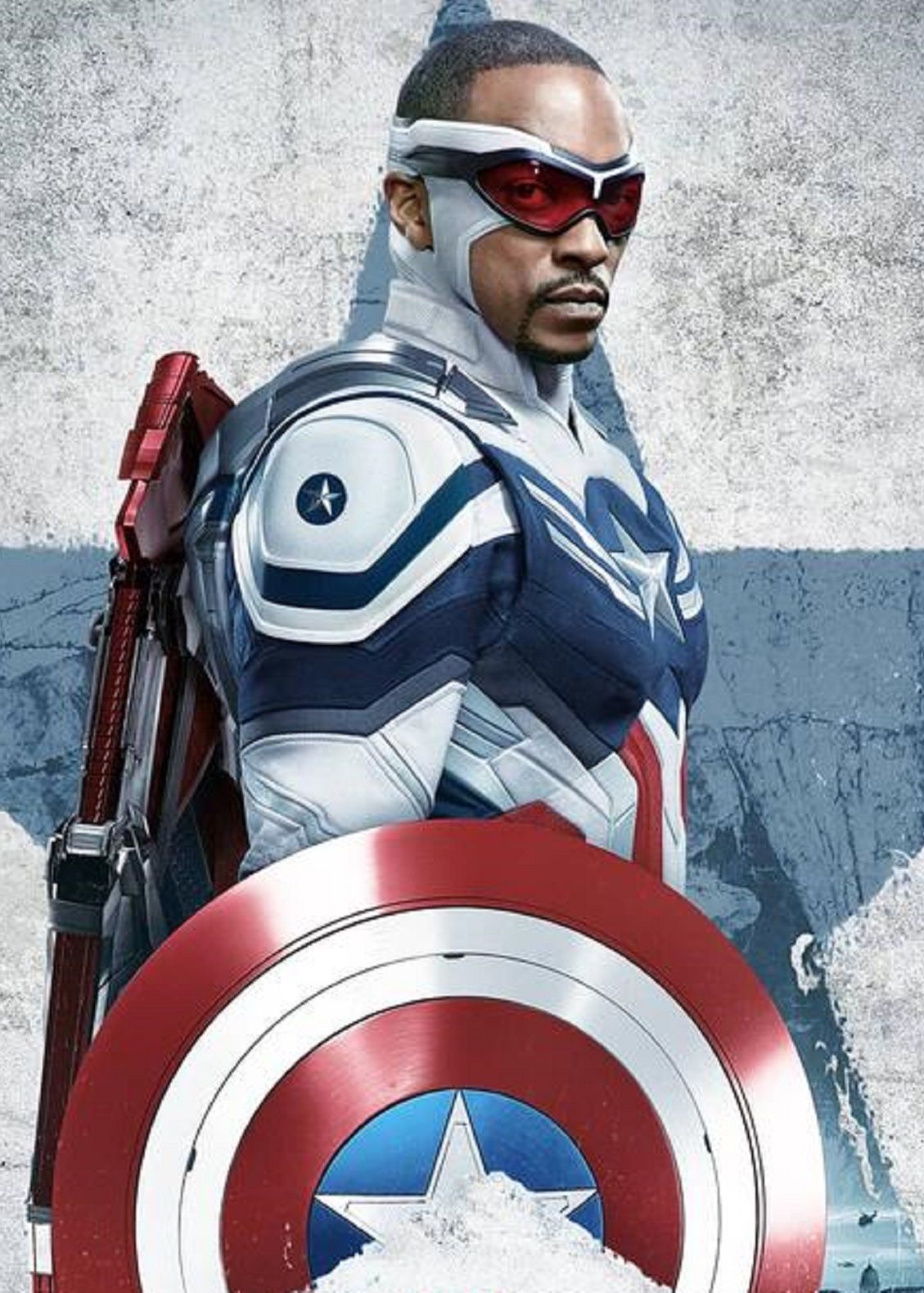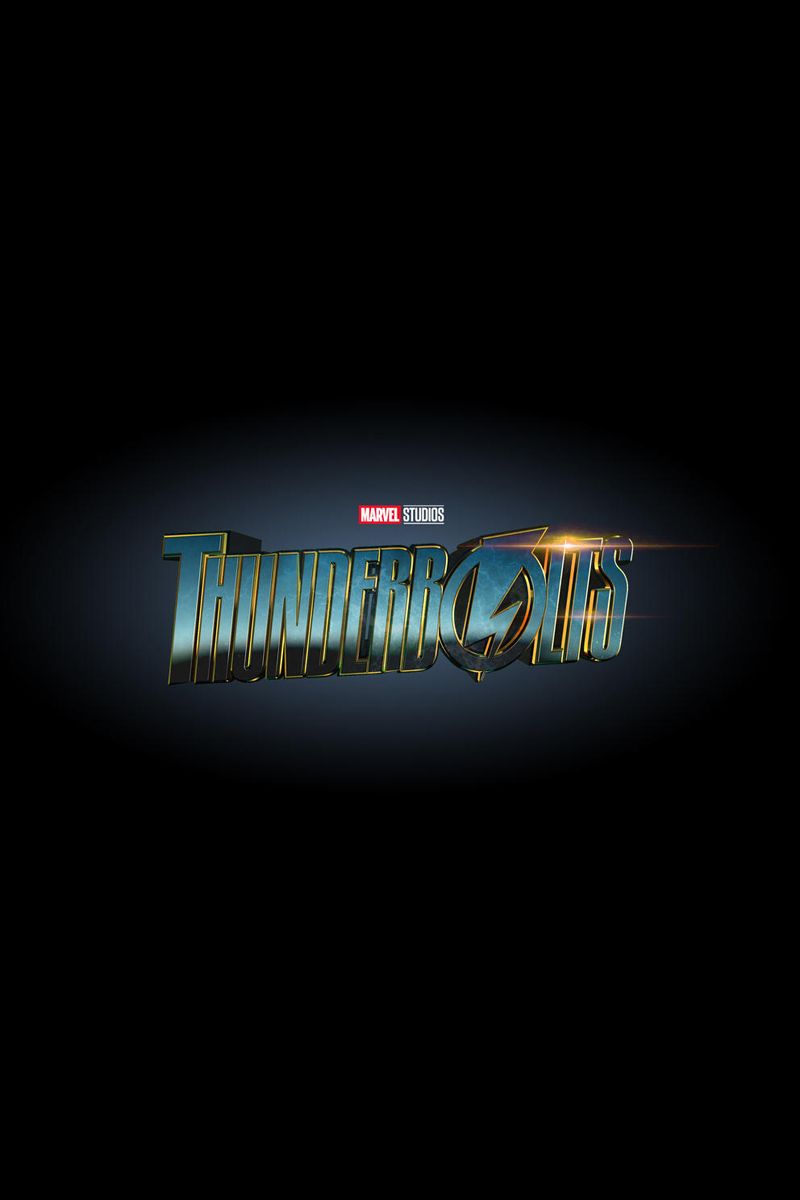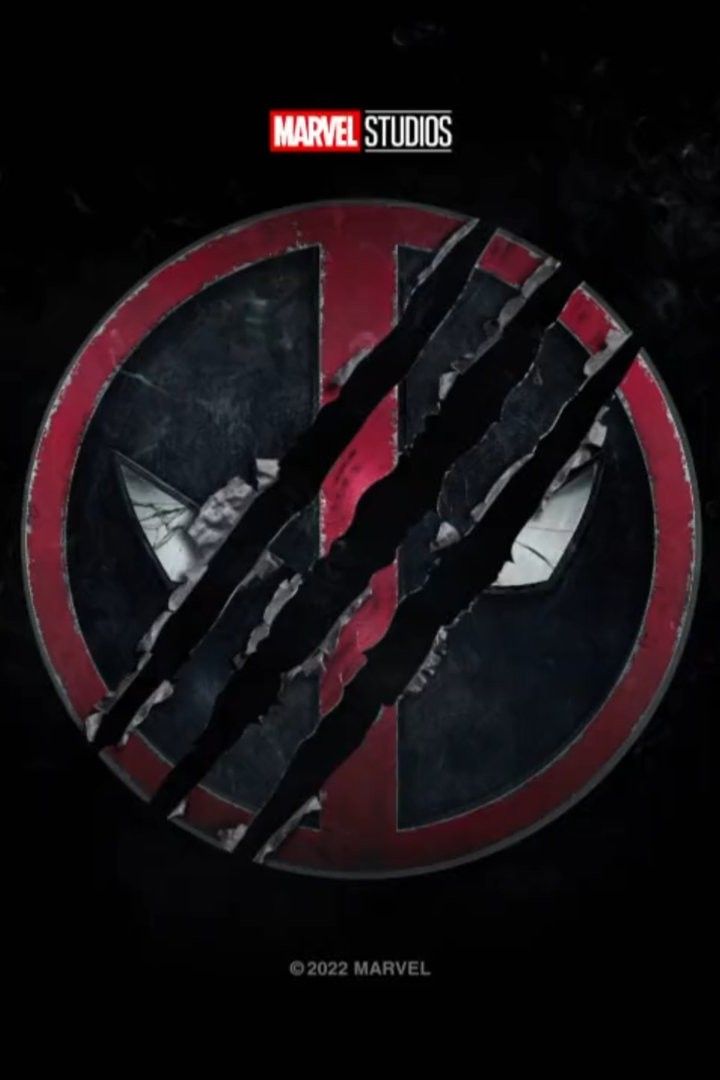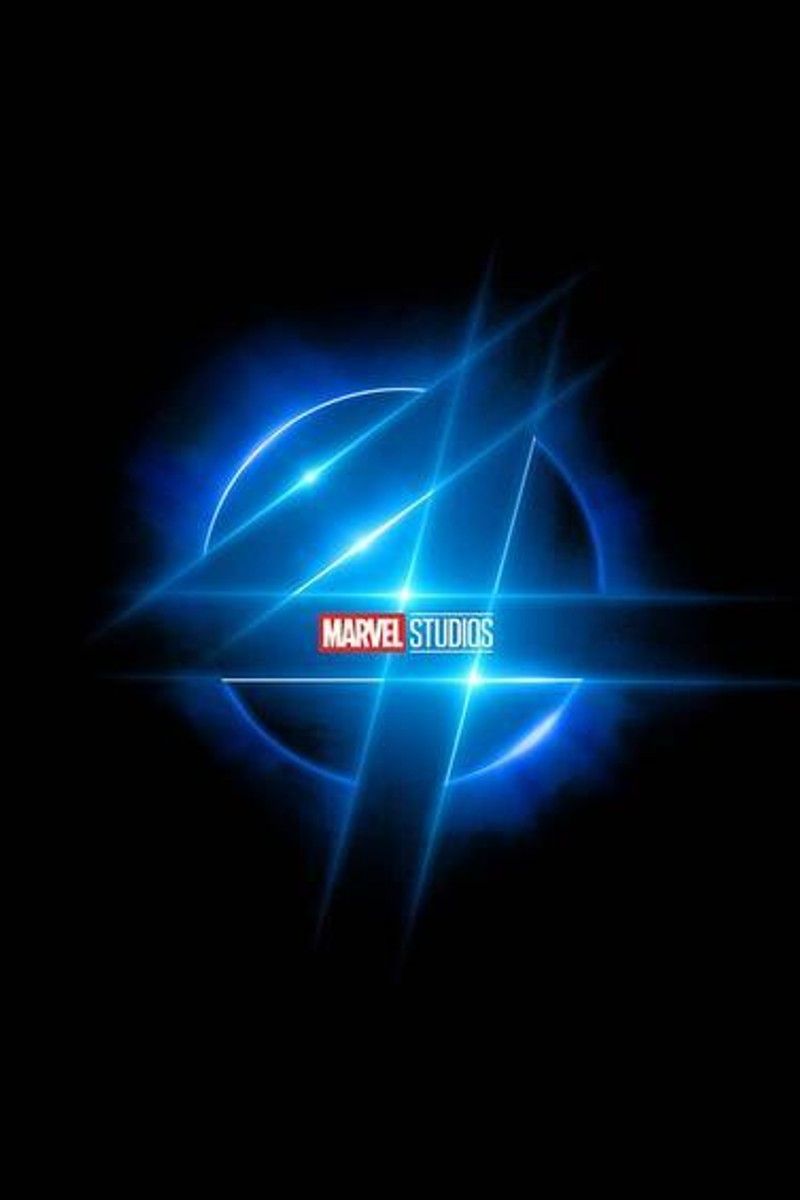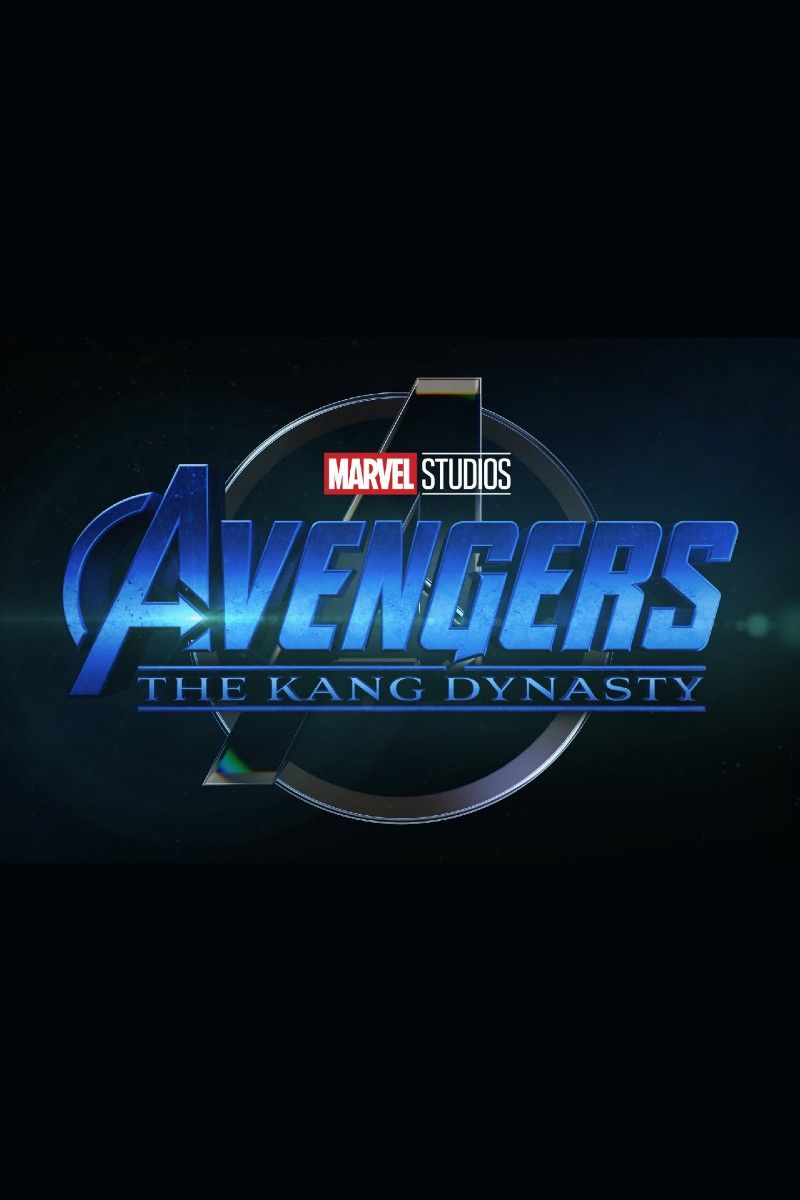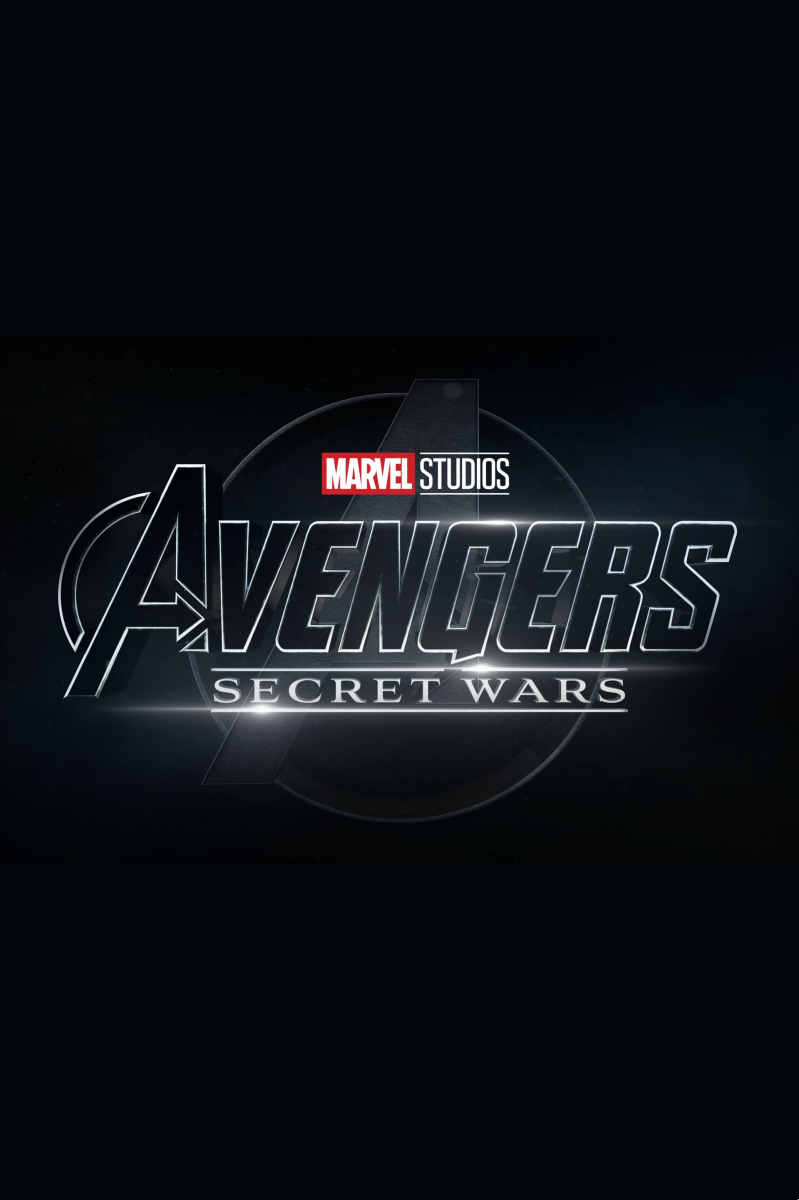The MCU's infant Multiverse Saga represents a worthy effort to continue the franchise after the climactic events of Avengers: Endgame, but the studio's great rival, DC, is inadvertently proving that Marvel is actually wasting its best approach to the central multiverse concept. Following Thanos' universe-altering actions in Phase 3, the MCU understandably faced a difficult creative dilemma. Clearly, continuing to up the ante was essential in order to keep audiences entertained and the story moving forwards. Yet, once half of all life has been eradicated, restored and avenged, and key characters have taken their curtain call, it's almost impossible to avoid a sense of anti-climax. This situation has not been helped by a failure to capitalize on what is actually a successful, pre-existing DC multiverse template.
Marvel's expansion into the multiverse has had a rocky start. Beginning with the concept's introduction in Disney+ series Loki, the multiverse has been slowly fleshed-out thanks to a string of additional shows and movies. While some, such as Spider-Man: No Way Home, have been met with universal acclaim from audiences and critics, others, like Doctor Strange in the Multiverse of Madness, have been criticized as convoluted, unfocused, and overly messy attempts to expand the MCU's scope. This is perhaps unsurprising, given the MCU's reliance and emphasis on interconnectivity. What was perhaps the franchise's greatest strength has now become an Achilles heel, as molding a complex web of individual narrative threads into one cohesive whole proves a challenge even greater than successfully ending the Infinity Saga.
Effectively articulating a concept as mind-bending as the multiverse was never going to be easy. However, there's a strong case to be made that the MCU has actually missed the opportunity to tell a multiverse story by its self-imposed determination to remain closely connected. As in Phases 1-3, the MCU Phase 4 is continuing to ensure its stories all overlap and share a singular narrative framework. The result is a multitude of spinning plates, understandable scrutiny, and growing inconsistencies that undermine the core concept. These complications all suggest that, for its next Phase, the MCU may actually have been better off eschewing the "one story" approach and taking a leaf out of DC's multiverse – telling multiple stories with different characters that are actually distinct from one another. While this represents a radical change in strategy for Marvel, years of successful DC content (notably, away from its own problematic cinematic universe) prove that this can be a successful strategy for multiversal storytelling.
The MCU's Multiverse Isn't Working
The promise of the multiverse is one of infinite possibilities. Yet, despite the tantalizing prospect of innumerable untold stories, interpretations of classic characters and world-building the likes of which audiences have never seen before, the MCU's multiverse feels perplexingly small. Doctor Strange in the Multiverse of Madness, for example, teased whacky adventures spanning surreal dimensions and mind-bending visuals. But, other than a brief montage featuring a world made of paint, Marvel's restricted multiverse seemed shockingly unimaginative – even boring. What should have been an opportunity for genuinely boundary-pushing story-telling was neutered.
The reason for this is the tricky balancing act between telling a comprehensible story with recognizable characters and continuing to expand the world of the MCU. As a rule, all franchises go bigger, or they fail. There's a reason why the street-level drag races of Fast and Furious have eventually been replaced with trips to outer space. Yet the MCU has been unable to strike the balance between considered storytelling for an ever-expanding roster of characters and pushing the limits of what its multiversal premise implies. The result is a franchise that, while still capable of crafting engaging smaller-scale stories for characters like She-Hulk and Ms. Marvel, is failing to deliver on the upper end of its ambition.
The Phase 4 Multiverse Shouldn't Be Connected
Ultimately, the reason for this failure is Marvel's devotion to connectivity. The fact that every story has to impact everything else is, despite the laudable scale of the plan, severely limiting. While it must be tempting to let every director and MCU creative run wild across a multiverse where anything can happen, this approach would make tying everything together all but impossible. As a result, the MCU's exploration of the multiverse has to be tempered by a need to make sure there's still a sense of narrative cohesion. Unfortunately, this compromise is what's holding Marvel's multiverse back.
Unlike the brilliantly layered and unquestionably epic Infinity Saga, the MCU Phase 4 has been hampered by sticking to the same need for connection. Shoe-horning new concepts into an already established narrative has knee-capped what could have been some of Marvel's most exciting projects in years. Eternals, for instance, suffered hugely as a result of the need to explain away its characters unexplained absence from previous events. Even post release, the failure to deal with the movie's climax (especially the giant figure emerging out of the ocean) looms over other MCU stories, raising the question of how much a $200 million movie even matters to the bigger picture. These same issues also impact the introduction of other groups, such as the X-Men and Fantastic Four. Even though Marvel has tried to lay the groundwork for their MCU arrival, the fact is that cramming everyone into one shared story creates more problems than it's worth.
The simple answer to these problems is that, in reality, the Phase 4 multiverse shouldn't be connected at all. Without the need to constantly tie everything neatly together, Marvel would be genuinely free to tell its characters' stories in the best way possible, with no narrative compromises. Paradoxically, this wouldn't even necessarily impact the characters' ability to team-up across the multiverse in the future – the introduction of the universe-hopping America Chavez has already proved that such travel is possible, establishing a precedent that could be used to bring separate universes together. Consequently, it would be possible to have a whole slate of different MCU stories, unrelated to each other narratively, whose players could still come together to face off against multiversal threats like Kang, or What If...?'s Infinity Ultron. This would immediately clean up Marvel's messy, Earth-616 centric view of the MCU and allow for sorely needed innovation within the franchise.
DC Shows Show The MCU How To Do The Multiverse
Ironically, this more disparate approach has already been demonstrated by Marvel's great rival, DC. While the issues afflicting DC's own shared movie universe, the DCEU, have been well-documented, where DC has had huge success is in its smaller, unrelated TV shows. Critical hits like Harley Quinn, Doom Patrol, and much of the Arrowverse all utilize popular DC characters without worrying extensively about tying their stories together or retaining a tonal or narrative consistency. The result is a wealth of varied, interesting and compelling DC content unburdened by the weight of one central story. This is an approach that DC has even begun tentatively exploring on the big screen, with further success. Triumphs like Joker and The Batman prove that popular characters in isolation can be just as successful as those connected by a shared story. In fact, without the pressures of a larger narrative like the Snyderverse, these smaller stories have been able to flourish.
While the MCU's success is to be commended, the result is that it has swamped the Marvel market. Off-shoots like Sony's Spiderverse (which, again, has its own litany of issues) are all stymied by the MCU's presence, with viewers inevitably wondering how and if all the stories connect together. This is not helped by the inclusion of ex-MCU actors like Michael Keaton and other subtle hints that the stories are indeed somehow related. Instead, the MCU could borrow DC's approach and create stories that are deliberately and unequivocally detached. As demonstrated by events like Crisis on Infinite Earths, this doesn't even have to lessen the primacy of particular stories or compromise the ability to do future crossovers, the like of which have historically made the MCU so successful. Instead, it can enhance the entirety of Marvel's slate of characters, without restricting them by the need to relate to one Earth.
The beauty of a true multiverse is that all things are possible. On paper, this should mean any Marvel project can automatically become MCU canon, without ever answering any complicated questions about connectivity. An X-Men movie, for instance, can eventually become part of one over-arching story while mostly focusing on creating its own particular identity. In fact, the MCU has already demonstrated the strengths of this approach in its most successful Phase 4 movie, Spider-Man: No Way Home. Linking together Toby Maguire, Andrew Garfield and Tom Holland both made for a fantastic self-contained story and simultaneously incorporated all previous big-screen Spider-Men into the MCU fold. This, too, has been reflected by DC, with Crisis on Infinite Earths providing a perfect template for a crossover event that allows each individual story to retain its independence while enhancing the collective. With the scale of the MCU, such an approach could have extraordinary results.
There are many ways that Marvel's approach to storytelling is superior to DC's. This is particularly true when comparing the floundering and frustrating DCEU and Marvel's own behemoth multimedia franchise. And yet, there are lessens for Marvel from DC in the company's willingness to greenlight and explore other projects that aren't all confined by the need to explicitly correlate to the same central story. The MCU's multiverse certainly hasn't had a perfect start. But, by learning from DC, telling stories that take place in different universes, and allowing for crossover events that don't require everyone to be on the same Earth at all times, the MCU can finally let its multiverse live up to its true potential.

